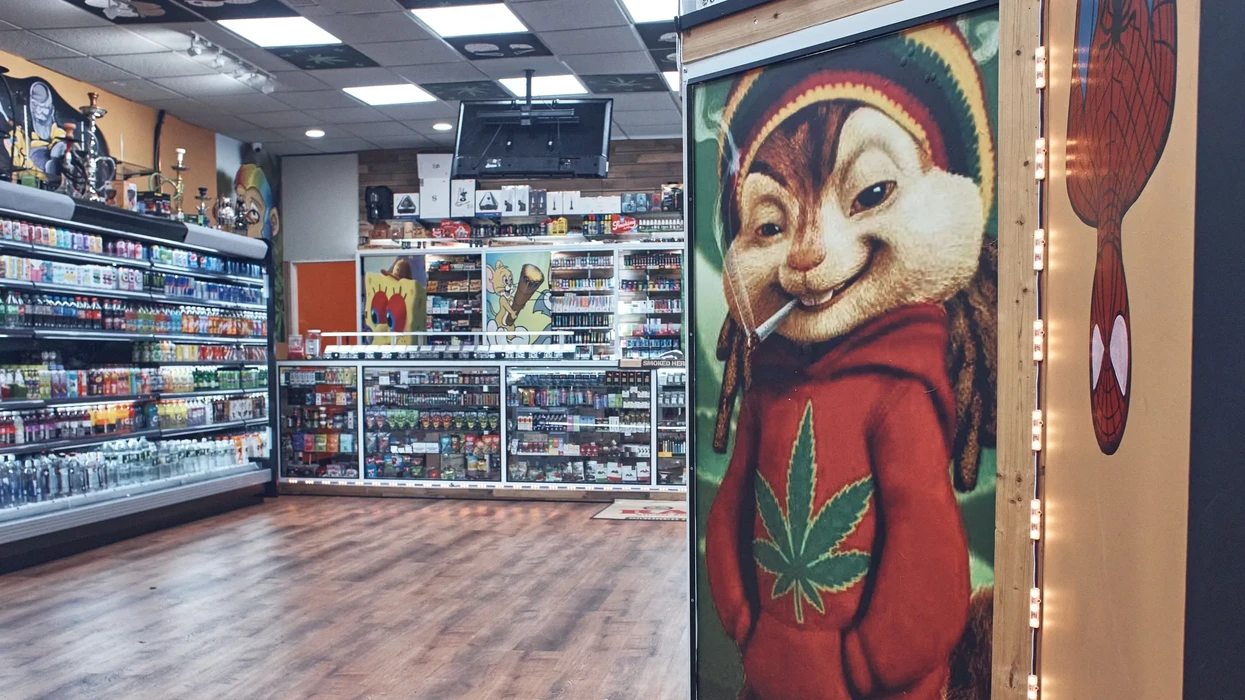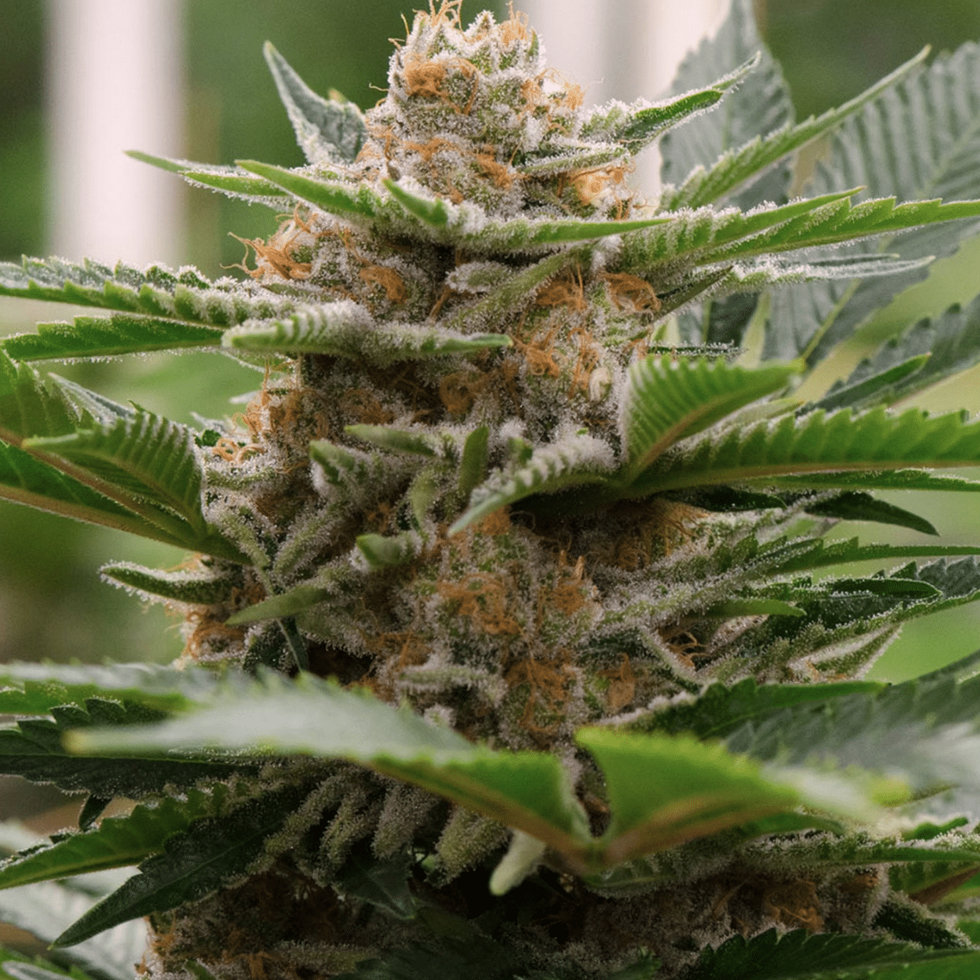In a resolute move to protect public safety, consumer well-being, and the integrity of the legal cannabis market, New York State has launched an interagency initiative to shut down unlicensed cannabis storefronts and trucks.
Governor Kathy Hochul, through empowering legislation signed into law in the FY24 Budget, has enabled the New York State Office of Cannabis Management and Department of Taxation and Finance to execute product seizures, issue violation notices, and take enforcement actions against unlicensed operators. These actions are crucial to upholding the promises of an equitable cannabis rollout and generating funds for social equity programs.
Cracking Down on Unlicensed Cannabis Sales
Governor Hochul's announcement marks a significant milestone in New York State's ongoing efforts to eradicate unlawful cannabis operations. Enforcement officers from the Office of Cannabis Management and Department of Taxation and Finance conducted inspections at storefront businesses that lacked proper licensing, identifying untested cannabis products being sold to the public. Notices of Violation and Orders to Cease Unlicensed Activity were promptly issued, with similar actions planned across the state to curb the public sale of untested cannabis by unlicensed entities.
Empowering Legislation in FY24 Budget
The enhanced enforcement actions against unlicensed cannabis businesses were made possible by legislation signed by Governor Hochul as part of the FY 2024 Budget. This legislation empowers the Office of Cannabis Management to impose civil penalties on unlicensed cannabis businesses, with fines of up to $20,000 per day for severe violations. Moreover, the legislation criminalizes the sale of cannabis and cannabis products without a license, providing a strong deterrent to unlicensed operators.
Additionally, the Department of Taxation and Finance now has the authority to conduct regulatory inspections of cannabis businesses to ensure proper tax compliance. Businesses found to have evaded paying the appropriate taxes can face civil penalties. The legislation also introduces a new tax fraud crime for businesses that intentionally fail to collect or remit required cannabis taxes or possess and sell untaxed cannabis products.
Safeguarding Public Safety and Consumer Well-being
The crackdown on unlicensed dispensaries reflects New York State's commitment to protecting public safety and consumer well-being. By removing untested cannabis products from the market, the state aims to minimize health risks associated with unregulated substances. Unlicensed operators often lack proper quality control measures, potentially exposing consumers to harmful contaminants or substances.
Creating a Fair and Regulated Market Environment
Governor Hochul's actions against unlicensed cannabis businesses not only safeguards public safety but also promotes a fair and regulated market environment. The hybrid approach, combining enforcement efforts and legislative measures, ensures consumer protection and strengthens support for licensed cannabis businesses. By eliminating unlicensed competition, the state can foster an environment that encourages trust and confidence in the legal cannabis market.
Supporting Social Equity Initiatives
The unlicensed operators targeted by these enforcement actions undermine the state's efforts to generate substantial funds for social equity programs. New York State aims to rectify the historical over-prosecution of cannabis laws by reinvesting the generated funds into the communities that have been most affected. By shutting down unlicensed operators and redirecting revenue to social equity initiatives, the state seeks to address the imbalances caused by past enforcement practices.
Tremaine Wright, Chairwoman of the New York State Cannabis Control Board, emphasizes the significance of these enforcement actions against illicit operators. By enforcing the law, empowered by new legislation, the state is sending a clear message that illegal cannabis operations will not be tolerated. Wright highlights that the primary goal is to create a fair and regulated environment that supports licensed businesses and prioritizes consumer safety.
Chris Alexander, New York State Office of Cannabis Management Executive Director added, “Through the collaboration of our enforcement teams and law enforcement agencies, we will be able to take meaningful action against illegal cannabis operations that pose countless risks to our communities. This targeted operation is a significant step towards promoting a safe, transparent cannabis industry in New York State. With the strengthened penalties and unified enforcement measures in place, we are actively working towards our goal of a regulated market that fosters consumer trust and supports licensed operators.”
While too early to gauge its efficacy or success, the initiative demonstrates a commitment to public safety, consumer protection, and a fair market environment. By enforcing stringent regulations and imposing penalties on unlicensed operators, New York State is sending a clear message that the era of illicit cannabis sales is coming to an end. These decisive actions not only protect the well-being of New Yorkers but also promote a thriving and equitable legal cannabis industry.
The benefits of this initiative extend beyond safety and regulation. By redirecting funds to social equity programs, New York State aims to address the historical injustices caused by the over-prosecution of cannabis laws. It is a powerful step towards repairing the damage inflicted on communities disproportionately affected by previous cannabis policies.
As the state navigates the complexities of cannabis legalization, it is imperative that consumers, businesses, and regulators work together to build a responsible and transparent industry. By embracing licensed operators and ensuring that they thrive in a fair market, New York can set a gold standard for cannabis regulation nationwide.
The future of New York's cannabis industry looks promising, however it is up to all stakeholders to support this progress and contribute to a thriving and responsible cannabis landscape in New York State and beyond.
At the end of the day, we all ❤️ New York and we all ❤️ legal cannabis.














 Strawberry Cough Strain Review - The BluntnessTHC Farmer
Strawberry Cough Strain Review - The BluntnessTHC Farmer Strawberry Cough Strain - The BluntnessSeednest
Strawberry Cough Strain - The BluntnessSeednest




 The Truth About THC Candle: Cannabis Candles & How to Make Your Own - The Bluntness
Photo by
The Truth About THC Candle: Cannabis Candles & How to Make Your Own - The Bluntness
Photo by